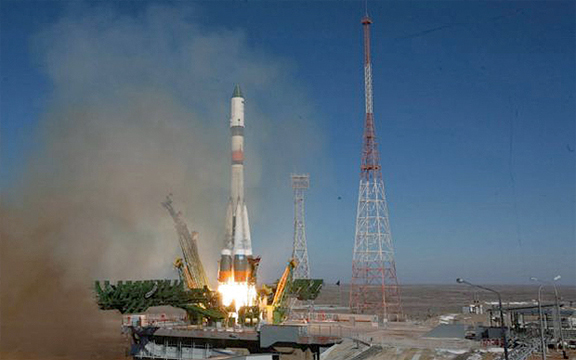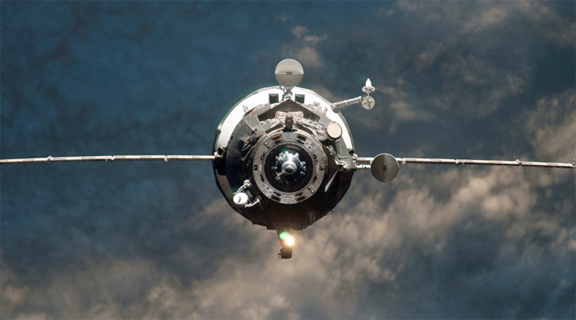[SatNews] Russian Federal Space Agency Roscosmos on Monday released the investigation results of the failed cargo spacecraft launch in April, blaming design incompatibility for the failure.

A Soyuz-2.1a rocket launch.
The failure had been caused "by an unexpected design incompatibility" of the joint between the spacecraft and the rocket, according to an online announcement published by press service of Roscosmos, citing the conclusion given by a special investigation commission set up following the failed cargo spacecraft launch. The design incompatibility related to frequency-dynamic characteristics which caused the spacecraft Progress to be uncontrollably separated from the third stage of the carrier rocket after the launch, the announcement said.
"This design feature was not fully taken into account at the trail stage of the creation of this space rocket complex (of Progress cargo spacecraft and carrier rocket's third stage)," Roscosmos explained.

Image of the Progress M-27M cargo spacecraft.
On April 28, a Progress M-27M cargo spacecraft was launched by a Soyuz-2.1a carrier rocket from the Baikonur space center in Kazakhstan and was expected to dock with the International Space Station six hours after the blast-off. The mission, however, failed as the spacecraft went into an uncontrolled spin in space and eventually kept dropping in orbit, which led to its re-entry into the atmosphere and burn-up on May 8.
The announcement also said that Roscosmos is currently developing an action plan on further flight test of the space rocket complex, and the agency also confirmed that no limitations have been detected for further operations of Soyuz-2.1a carrier rockets with other spacecraft. Roscosmos is expected to release a revised schedule of space launches in 2015 on June 9, including piloted missions and launches of space freighters.

